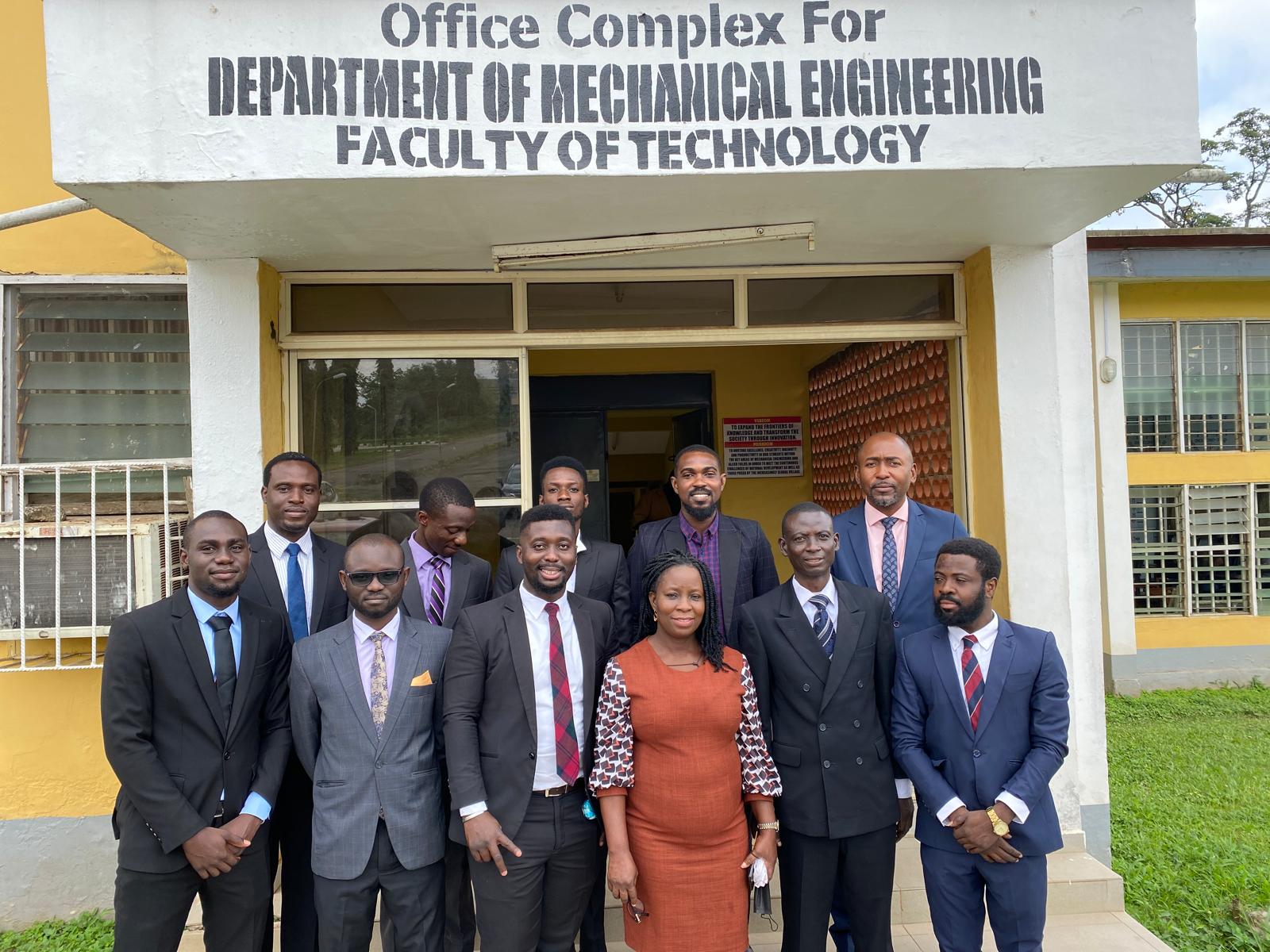 In the face of escalating climate crises and the pressing need for carbon footprint reduction, renewable energy has emerged as a beacon of hope for a sustainable future.
In the face of escalating climate crises and the pressing need for carbon footprint reduction, renewable energy has emerged as a beacon of hope for a sustainable future.
During a recent seminar at the University of Ibadan, Ayomide Ayoola and experts in the field illuminated the potential of innovative renewable energy solutions, showcasing how harnessing natural elements—from ocean tides to solar rays—can drive the global shift toward clean energy.
He and others emphasised the importance of these technologies in mitigating climate change and meeting future energy demands.
Ayoola began by highlighting the urgency of transitioning to renewable energy sources in light of increasing environmental concerns.
He stated, “As the world grapples with the effects of climate change, it is imperative that we explore every avenue available to us for clean energy.” He explored a diverse landscape of renewable energy sources, including tidal, wave, ocean thermal, biomass, hydropower, geothermal, wind, and solar power.
Discussing tidal energy, Ayoola noted its promise as a renewable energy source that harnesses the power of ocean tides.
“By utilizing the predictable ebb and flow of tides, tidal energy systems can generate electricity with remarkable consistency,” he explained. He pointed out that the world’s largest tidal power station, located in South Korea, exemplifies this technology’s potential, producing enough electricity to power thousands of homes.
Ayoola further elaborated on wave energy, describing it as a technology that captures the kinetic energy of ocean waves to generate electricity.
“While still in its early stages of development, wave energy technology shows great promise, especially for coastal communities,” he remarked.
Recent advancements have improved the efficiency and durability of wave energy devices, making them increasingly viable for large-scale implementation.
He spoke about Ocean Thermal Energy Conversion (OTEC) systems, which exploit the temperature difference between warm surface waters and cold deep waters to generate electricity.
Additionally, he discussed biomass, highlighting its potential to turn waste into energy, and geothermal energy, which harnesses heat stored beneath the Earth’s surface for electricity generation and direct heating. Countries like Iceland have long relied on geothermal energy for a significant portion of their power needs.
Hydropower, he emphasized, remains one of the most widely used renewable energy sources globally. By harnessing the energy of flowing water, hydroelectric dams generate substantial amounts of electricity.
While large-scale hydropower projects have faced criticism for their environmental impacts, Ayoola noted that small-scale and run-of-river hydropower systems offer more sustainable alternatives with minimal ecological disruption.
He briefly mentioned wind and solar energy as the most sought-after solutions today. “Technological improvements in turbine design and efficiency have dramatically reduced the cost of wind power, making it increasingly competitive with fossil fuels,” he said. He highlighted the development of floating offshore wind turbines, which open new possibilities for harnessing wind energy in deeper waters, alongside the increasing visibility of photovoltaic (PV) panels on rooftops and in large-scale solar farms.
During the seminar, a participant raised the issue of intermittent supply from renewable sources. In response, Ayoola stated, “While renewable energy solutions offer immense potential, there is a need to develop advanced energy storage systems.” He explained that grid integration and transmission infrastructure upgrades are crucial to accommodate the growing share of renewable energy.
Ayoola also stressed the importance of ensuring the sustainability and ethical sourcing of materials used in renewable technologies. He noted concerns regarding rare earth elements for wind turbines and lithium for batteries, asserting that these issues must be addressed to foster a sustainable energy future. “We must ensure that our transition to renewable energy does not come at the expense of environmental or social responsibility,” he cautioned.
Despite the challenges facing the renewable energy sector, Ayoola remains optimistic about its growth. “This sector continues to expand at an unprecedented rate,” he said, emphasizing that this trend could significantly accelerate the global transition away from fossil fuels. He urged governments and international bodies to collaborate in promoting the adoption of renewable energy solutions.
In his closing remarks, Ayoola reiterated the vast potential of diverse renewable energy solutions, stating, “From the waves of the oceans to the rays of the sun, these technologies harness the power of nature to provide clean, inexhaustible energy.” He called for increased research and development to improve efficiency and reduce costs in renewable technologies.
The seminar underscored the pressing need for innovative approaches to energy generation and management. Ayoola’s insights highlighted that the transition to a renewable energy-based economy is not just an environmental imperative but also an economic opportunity that could reshape the global energy landscape for generations to come.
As the world moves toward a more sustainable future, the role of renewable energy will become increasingly central. Through collective efforts and commitment to innovation, the potential to power our world sustainably is within reach. Ayoola’s passionate advocacy for renewable energy solutions reinforces the idea that a cleaner, greener future is not just possible—it is necessary.






